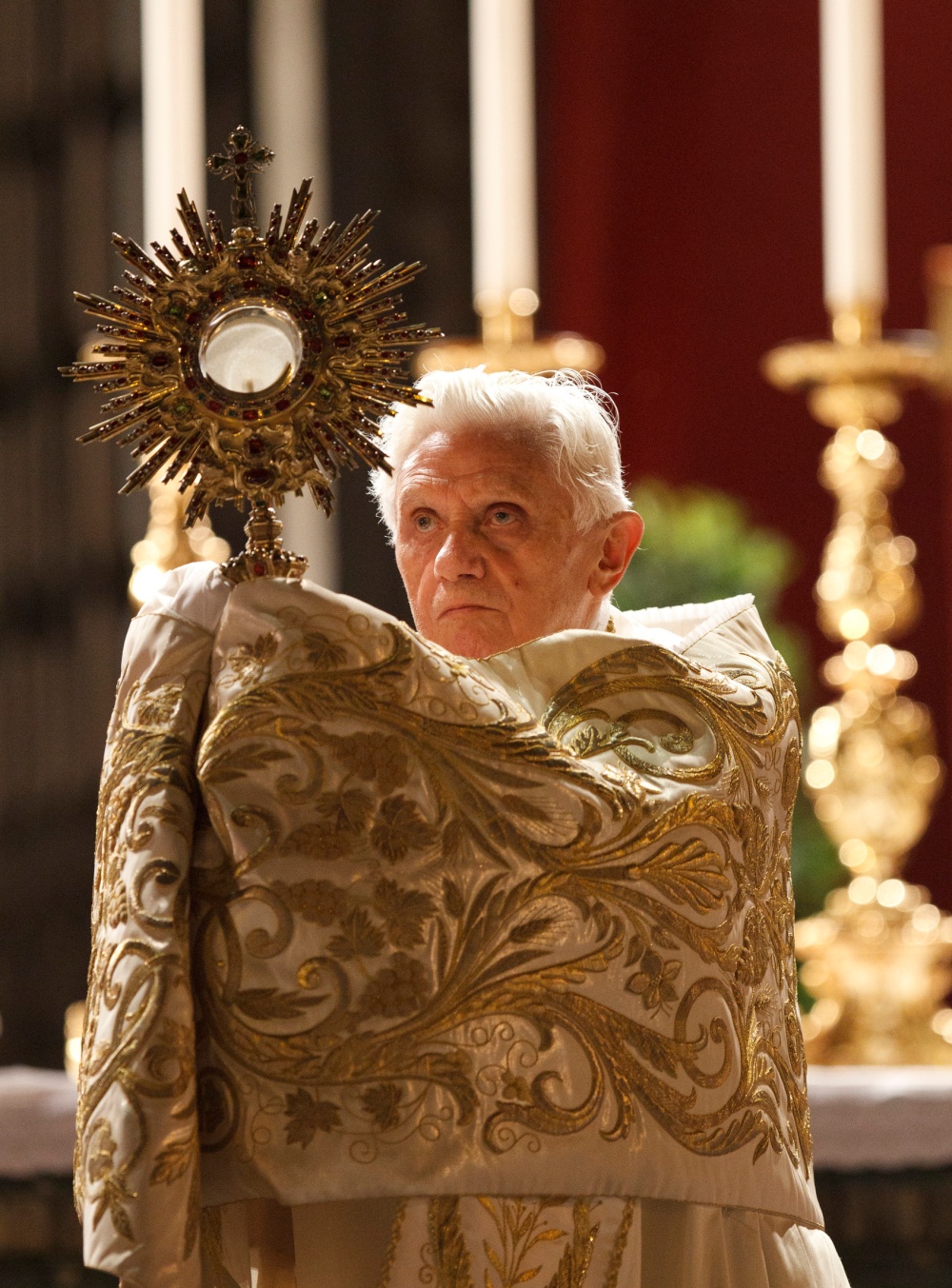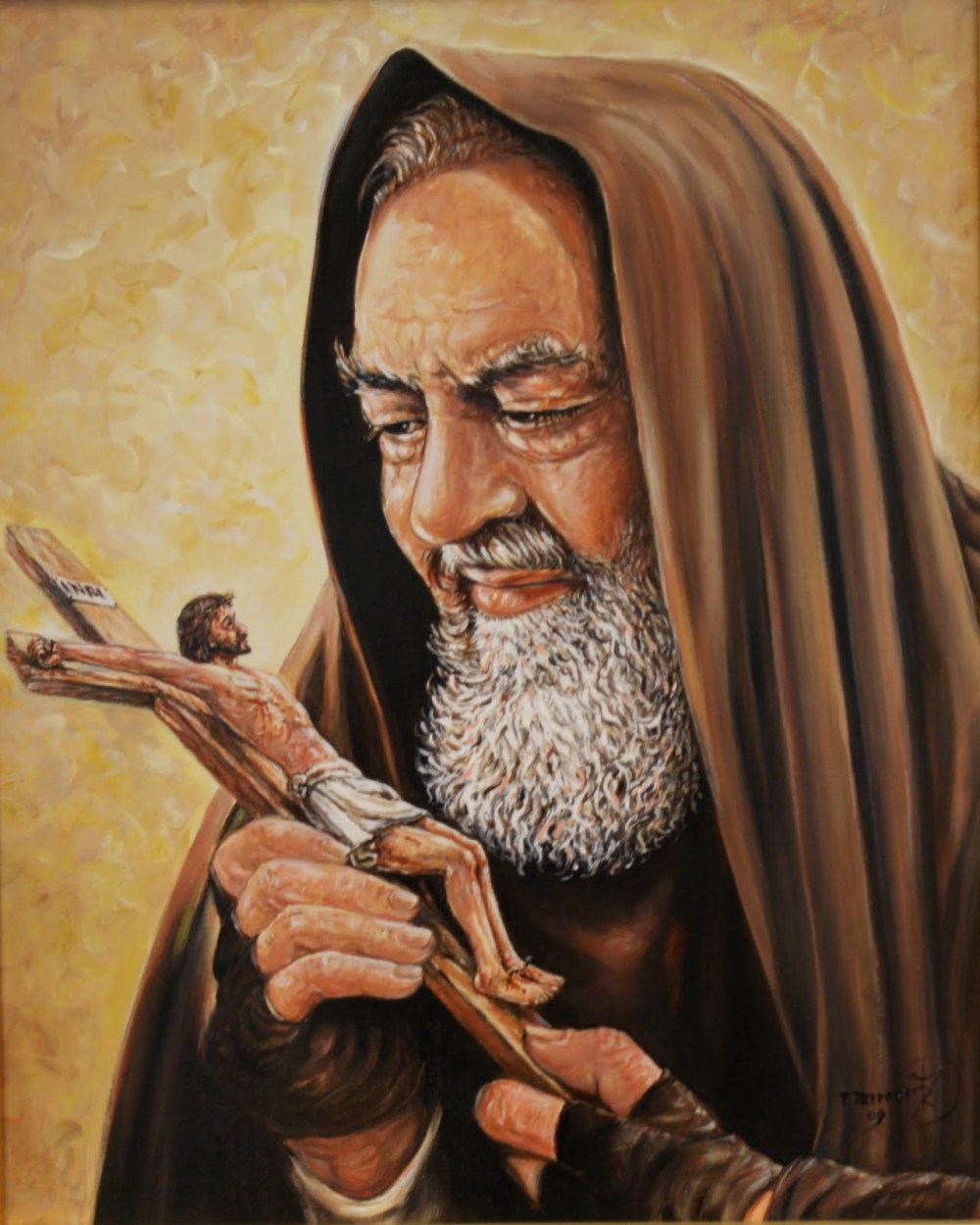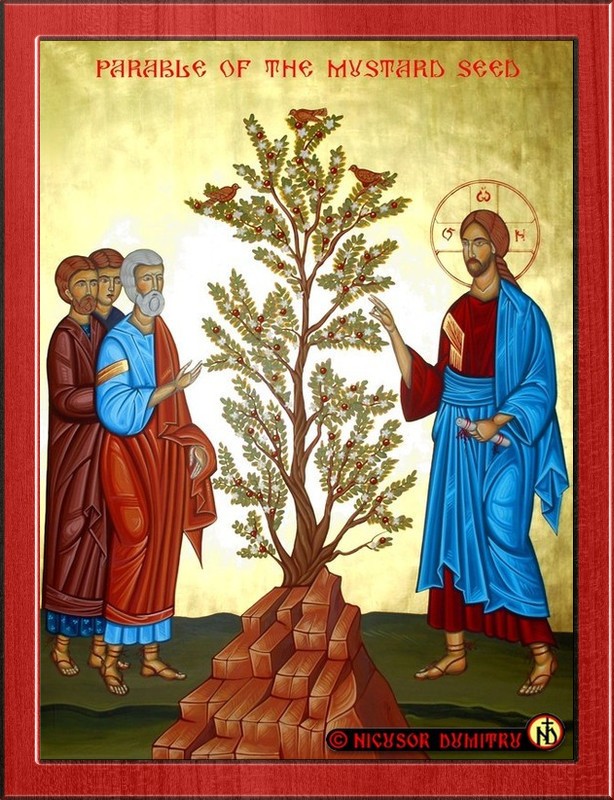Those of us, myself included, have a great responsibility, as members of a religious authority. Often in the Gospels we see Jesus and the Pharisees on opposing sides. Jesus is critical of them, especially when they get the wrong end of the stick, following the letter of the religious law, while not considering its spirit. It reminds us that we need to consider not only what we do, but also why we do it.
I have something of a confession to make this morning: I am greatly saddened by the fact that Sunday has become a day much like any other, with shops being open, people made to work, and various social activities happening, which have rather spoiled the character of the day. Please don’t misunderstand me, I’m not a strict Sabbatarian by any means, but for a variety of reasons both religious and non-religious, I have to say that they idea of having a day free from work and worldly concerns, is a good thing. In fact it is more than that, it is a Divine Command. God tells us to do this for OUR OWN GOOD. The command in Deuteronomy is not simply to abstain from work, but to rest in a way made holy by God, so that we may worship Him, and enjoy His rest. It has a purpose, which is the worship of Almighty God. It is what humanity is for.
In Mark’s Gospel this morning we see the dangers of a prescriptive legal approach — the Pharisees follow the letter of the law, but have forgotten the Spirit — the reason why things are encouraged or forbidden. The sabbath exists for rest, and to Glorify God. Quibbling over a mouthful of food is petty, and small minded. The sabbath was made for us, for rest is good, and one should not work without rest. It is cruel and inhuman. It reminds us too that we need to make space for God in our lives, that the worship of God is important. We gather as Christians on the Lord’s Day, the first day of the week to celebrate Jesus’ death and Resurrection, by means of the Eucharist, where we do what Jesus commanded us to do, until He comes again. For one hundred thousand successive Sundays we have gathered to do this, because it matters, it is important: we are fed with the Bread of Angels, with the Very Body and Blood of Christ, so that we may be healed and given a foretaste of Heaven.
Jesus heals a man with a withered hand to proclaim that that the Kingdom of God is a place of healing, and reconciliation. That is why Jesus comes among us to proclaim the Good News. The Church then is not just a cozy club for religious people but exists also for the benefit of non-members. We exist to carry on that same proclamation, ‘to give the light of the knowledge of the glory of God in the face of Jesus Christ.’ (2 Cor 4:6 ESV) It is a hard job, harder than ever, as people are far less willing to listen, and we are not always terribly confident
But we have this treasure in jars of clay, to show that the surpassing power belongs to God and not to us. We are afflicted in every way, but not crushed; perplexed, but not driven to despair; persecuted, but not forsaken; struck down, but not destroyed; always carrying in the body the death of Jesus, so that the life of Jesus may also be manifested in our bodies. For we who live are always being given over to death for Jesus’ sake, so that the life of Jesus also may be manifested in our mortal flesh. So death is at work in us, but life in you.
(2Cor 4:7-12ESV)
All around the world, even in strict repressive regimes like China, North Korea, and Saudi Arabia, Christ is being proclaimed — people come to know Him, to love Him, and to trust Him. We have to ask ourselves the question, ‘Does our faith matter enough to us that we are willing to die for it, if necessary?’ ‘See how these Christians love one another, and how they are ready to die for one another’ (Tertullian, Apology, 39).That’s the level of commitment we need. It is after all a serious matter – people’s souls are at stake here! Jesus didn’t come so that people could blithely ignore Him. He upset people, who then wanted to kill Him. The Church exists to proclaim the same message, that Jesus died for love of us, to save us from Hell, from our sins, and rose again, and promises eternal life with the Holy Trinity.
We have a pledge of it here, this morning in the Eucharist — Christ’s VERY SELF, His Body, and Blood are given to us, to feed us, and heal our withered souls. It is the supreme demonstration of God’s love for us, a re-presentation of the sacrifice of Calvary — we eat and drink the same flesh and blood which was wounded for our transgressions, which died to save us. This is how much God loves us, and longs to heal our wounds, and restore our relationship with Him, and with each other. It affects who and what we are, as St Paul says, ‘always carrying in the body the death of Jesus, so that the life of Jesus may also be manifested in our bodies.’ (2Cor 4:10 ESV) Christ’s Body and Blood are eaten and drunk, so that they may transform us, so that we may come to share in the Divine Life and Love which saves us. As St Augustine says, ‘Be what you see and receive what you are’ (Sermon 272). It affects what we are and what we do, and we want to share it with others, that they may come to know Jesus, and experience His healing love. It has been the Church’s raison d’être since the beginning: in the Acts of the Apostles we find, ‘And they devoted themselves to the apostles’ teaching and the fellowship, to the breaking of bread and the prayers’ (Acts 2:42 ESV). Prayer, the Eucharist, and the teaching of the Church are central to our lives as Christians, because they help us to grow in faith, and love, together, as the church. They’re not optional extras that we can dip in and out of when they’re convenient for us, they are absolutely central to who and what we are as Christians. We cannot be Christians without them. It is that simple. It is why we keep Sunday as a special day, so that we can come together and do what the Church has always done, so that we may have life and have it in all its fullness.
Which of us can say that we don’t need Christ’s healing in our lives? I know that I do, the truth is that we all do. If we are close to Him in prayer, if we listen to Him, if we have the humility which says, ‘I need God’s help’ then we can be open to the transforming power of His Love. Here this morning, in the Eucharist, at the Altar, Christ will give Himself for us, His Body and His Blood, so that we can feed on Him, be fed by Him, and be fed with Him, so that our souls can be healed. What greater medicine could there be for us, than God’s very self? What gift more precious or more wonderful? Our soul’s true food. We eat Christ’s Body and drink His Blood so that we might share His Divine life, that we might be given a foretaste of Heaven here on earth.
Come Lord Jesus, come and heal us, and feed us with Your Body and Blood, fill us with your life and love, so that we may share it with others, so that they too may come to believe and give glory to God the Father, God the Son, and God the Holy Spirit, to whom be ascribed as is most right and just all might, majesty, glory, dominion, and power, now and forever.



